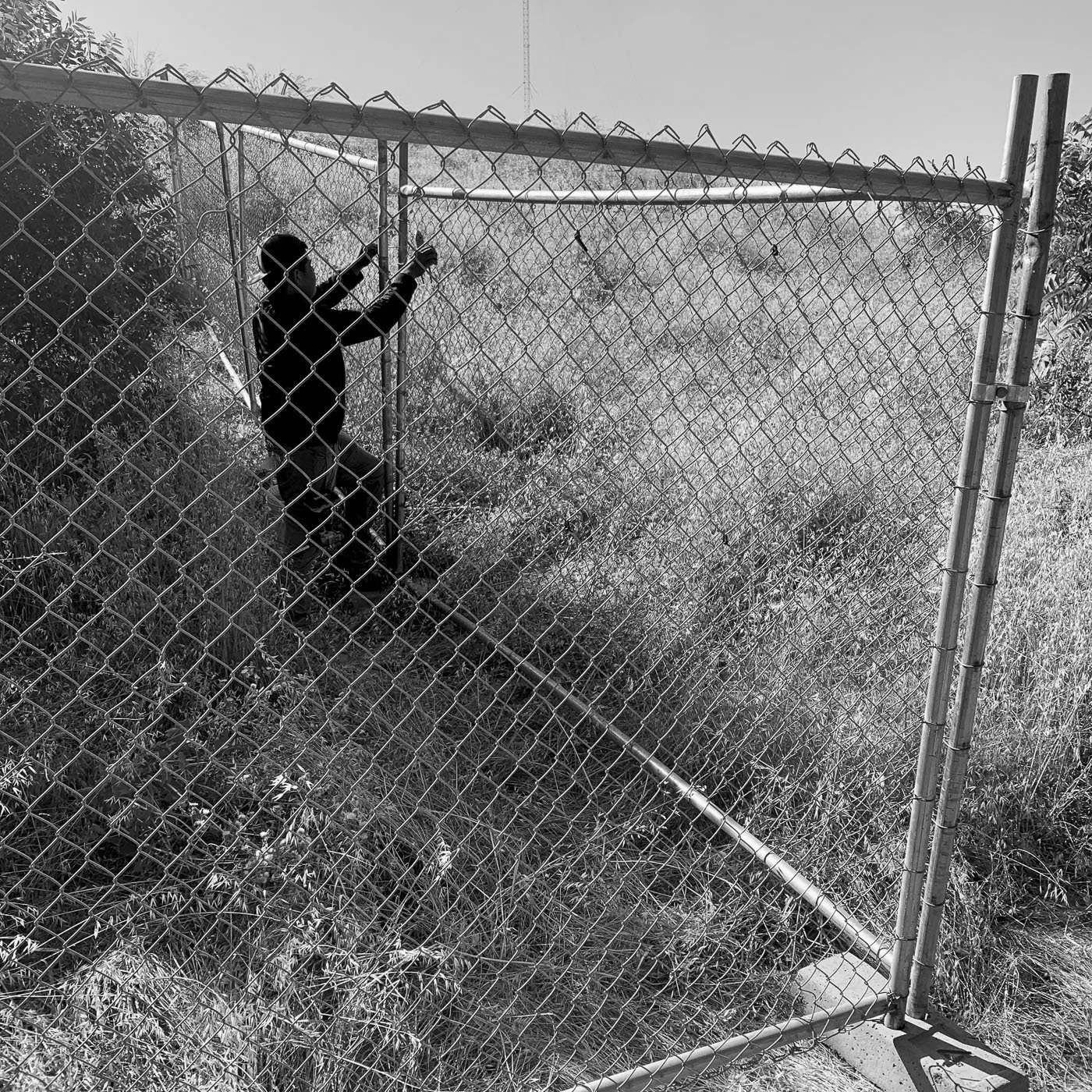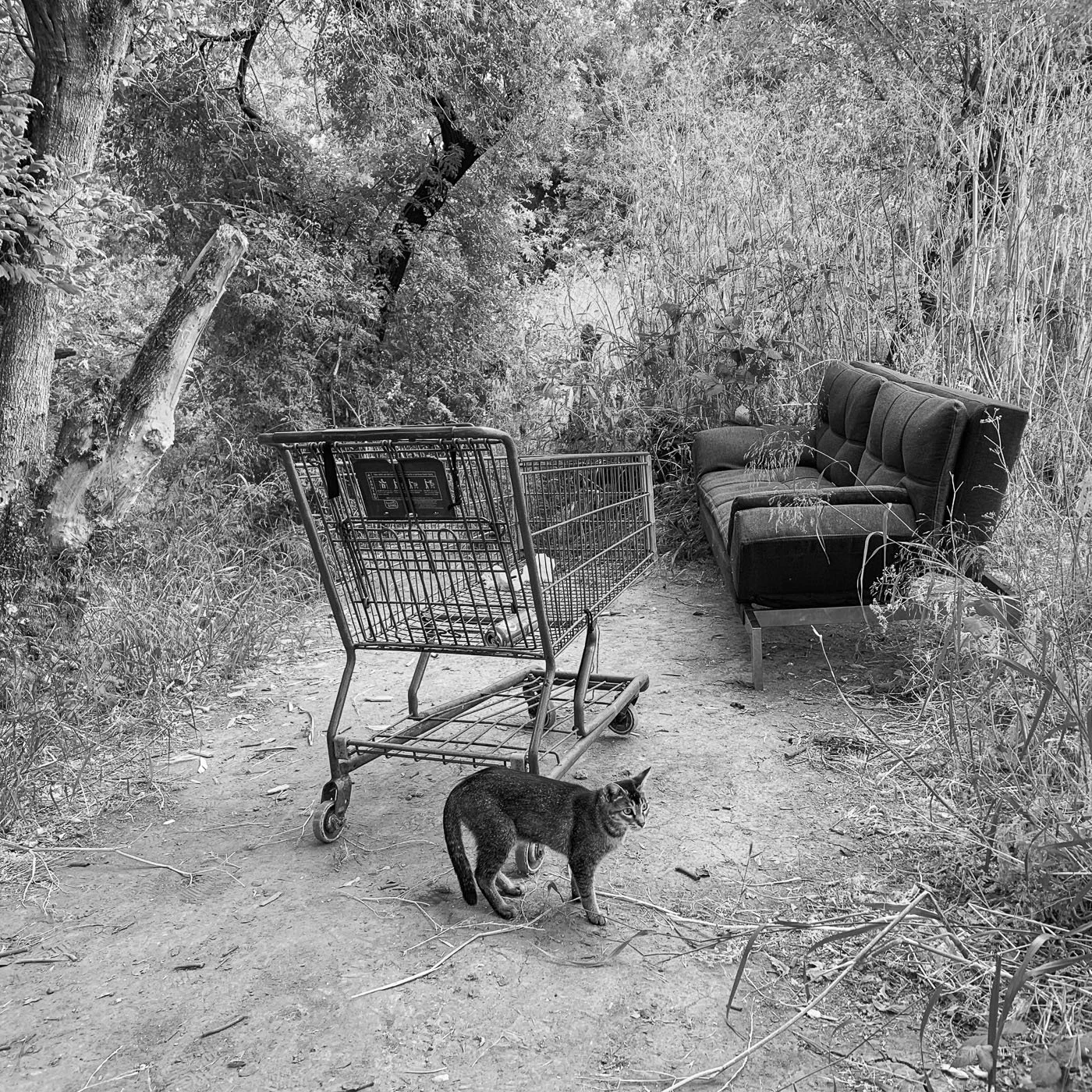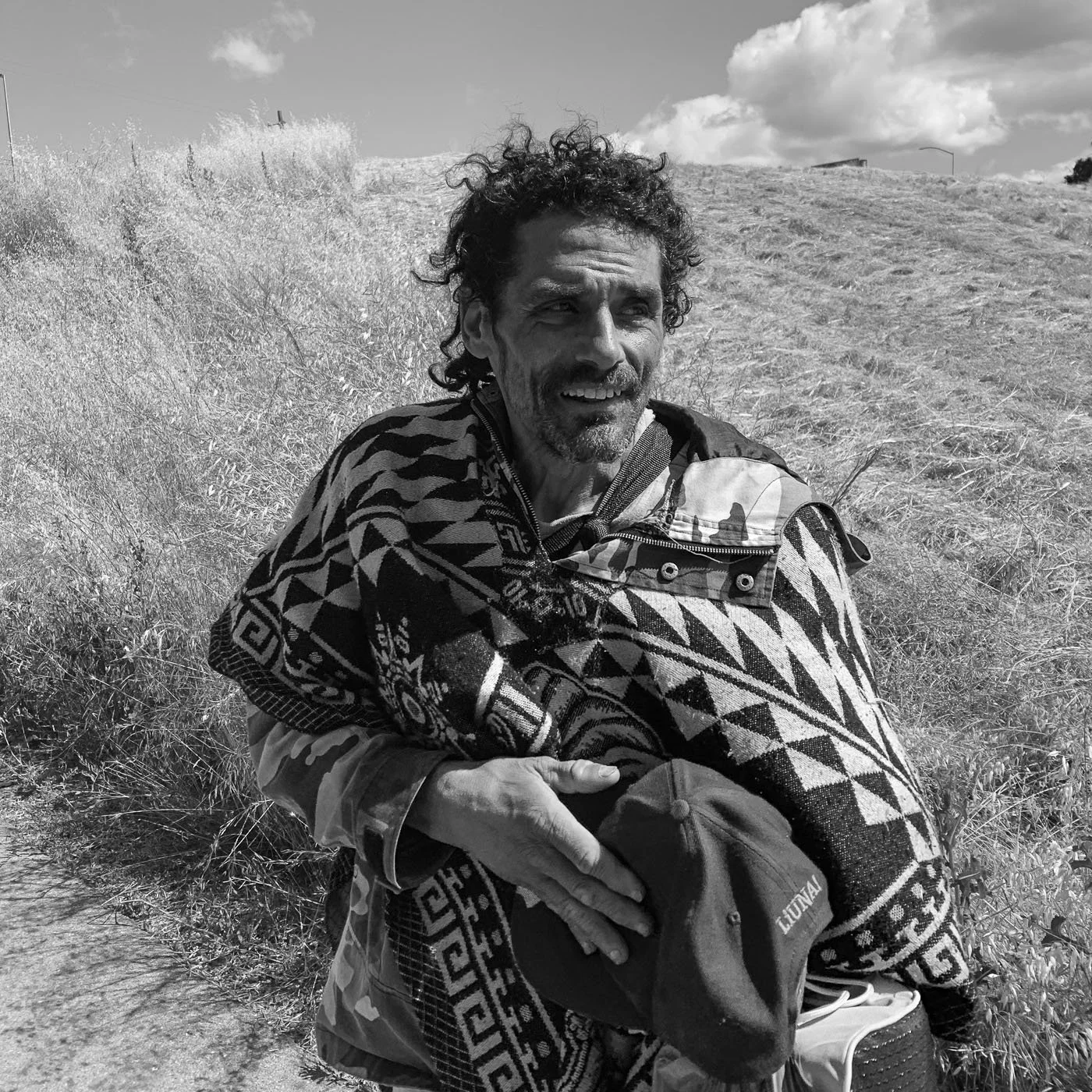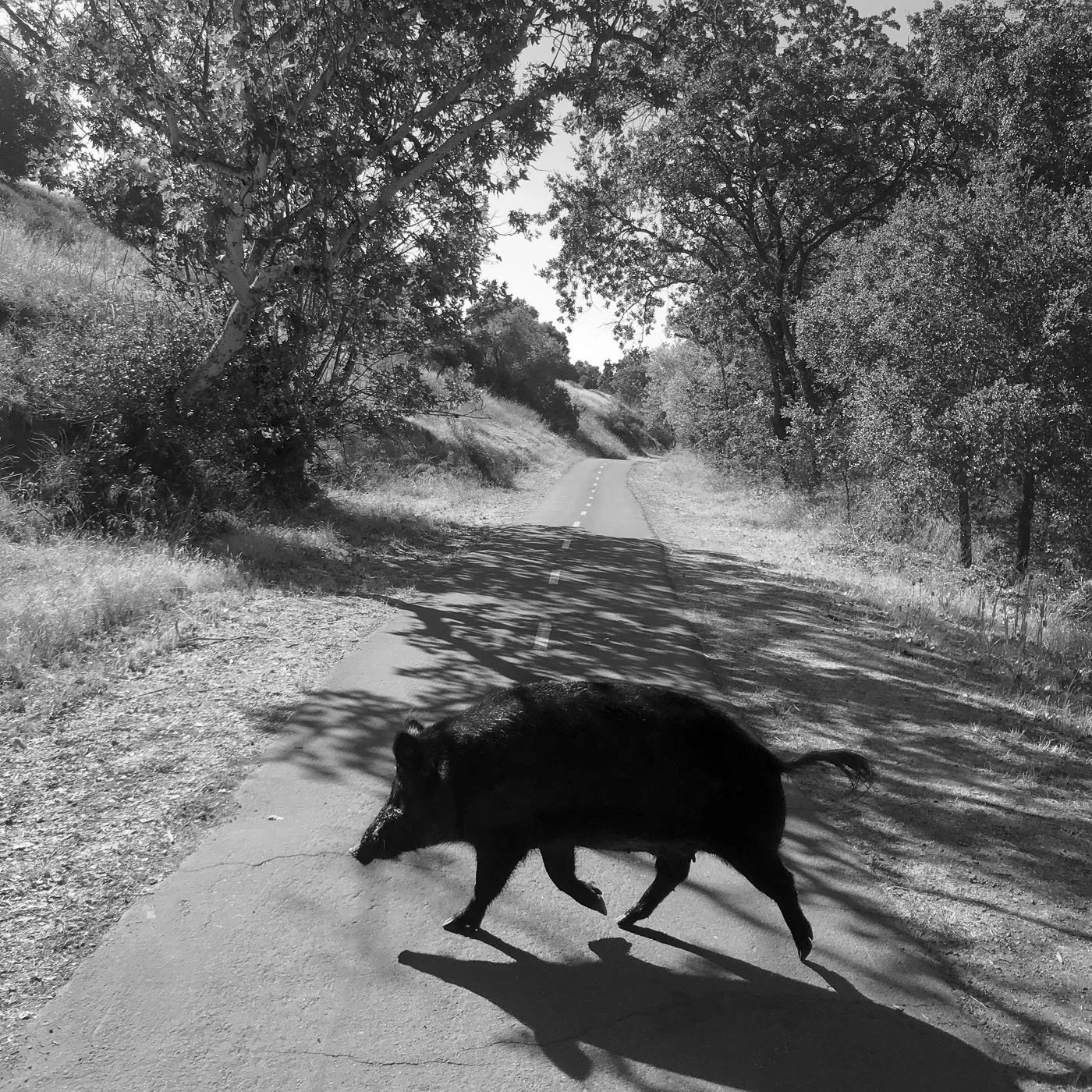




-
After spending a quarter-century photographing America’s vast national parks, I turned my attention to the landscapes of my city, San Jose, California, located in the heart of Silicon Valley. This shift mirrors an evolution in environmental thought: from conserving distant wilderness to embracing an inclusive ecology that acknowledges the intertwined relationship between human life and the natural world.
Within walking distance of my home, the Coyote Creek Trail—a paved path bordered by a narrow strip of nature—winds twenty miles through suburban development. The trail is neither remote nor pristine, yet through sustained attention, its fragile beauty emerges, revealing the wildness that persists in our backyard. Over more than a decade of returning, I’ve become attuned to its shifts—seasonal rhythms, wildlife patterns, and the cycles of drought and flood.
These changes also include a transient human presence. The creek’s watershed was once home to the largest homeless encampment in the United States. Though the Jungle has been cleared, makeshift shelters appear and disappear. For some, the trail is a place to pass through; for others, it is a home. Shared by joggers, cyclists, and residents with nowhere else to go, the trail is a contested space, its layered uses revealing tensions between recreation, conservation, and survival.
Under new California environmental regulations bolstered by a 2024 U.S. Supreme Court ruling, in 2025, the city tried to clear all remaining encampments along Coyote Creek—a turning point in the landscape’s ongoing transformation. As Silicon Valley restores its waterways, these photographs bear witness to the final visible days of a community, inviting viewers to confront the stark inequalities in one of the world’s most prosperous regions and to consider the moral imperative to protect both people and the environment.
This project is a meditation on a place where the boundaries between the wild and the human blur. It seeks awareness of the overlooked—both in the delicate patches of nature that persist and in the precarious lives of those who endure on society’s margins. Using photography as both a documentary and conceptual tool—applied to a recreational trail, a terrain largely unexplored in photographic practice—I’ve found a framework through which to explore universal themes of transformation: of nature, of people, and of how we understand our complex place within the land. -
Black and white pigment prints, matted size 16x20.
